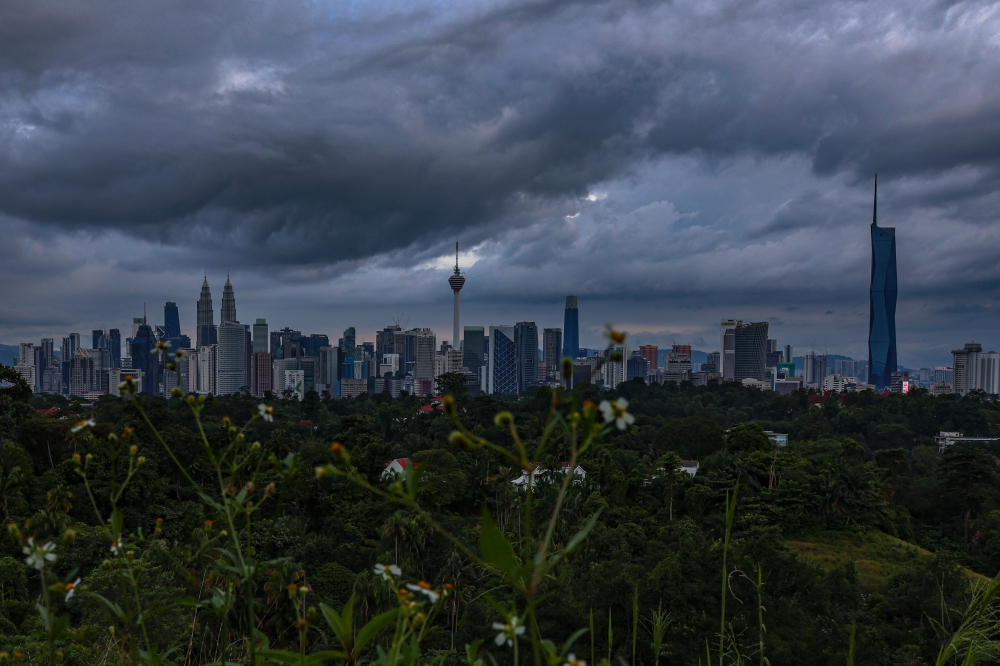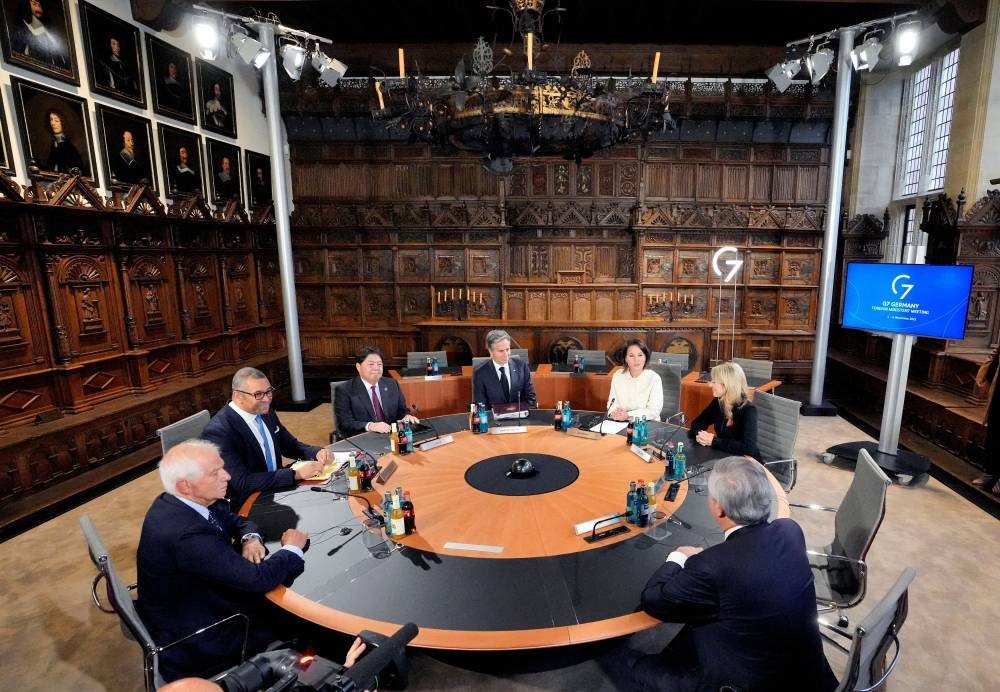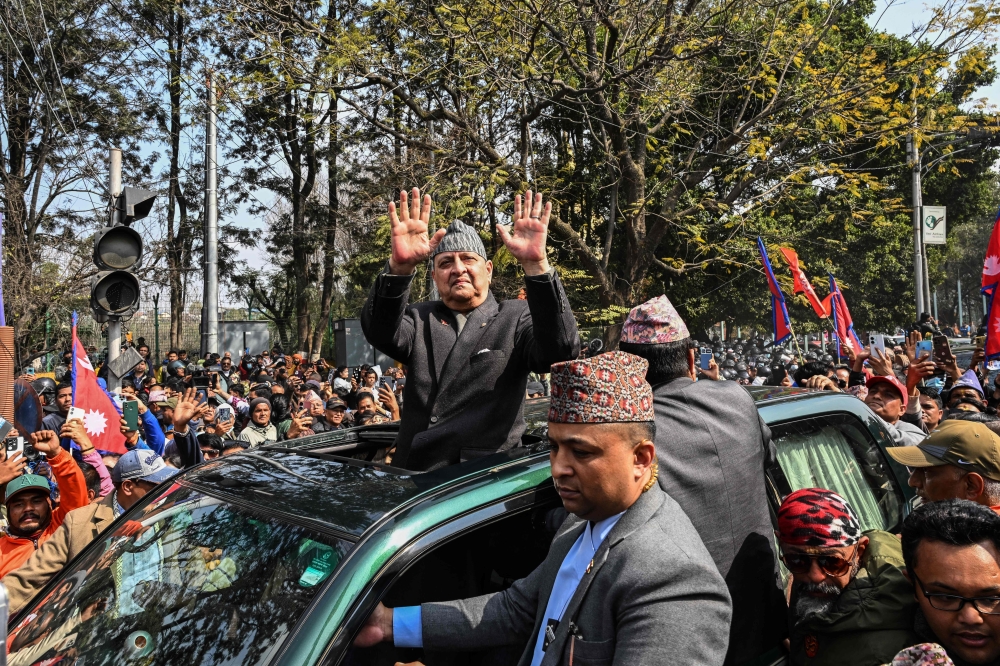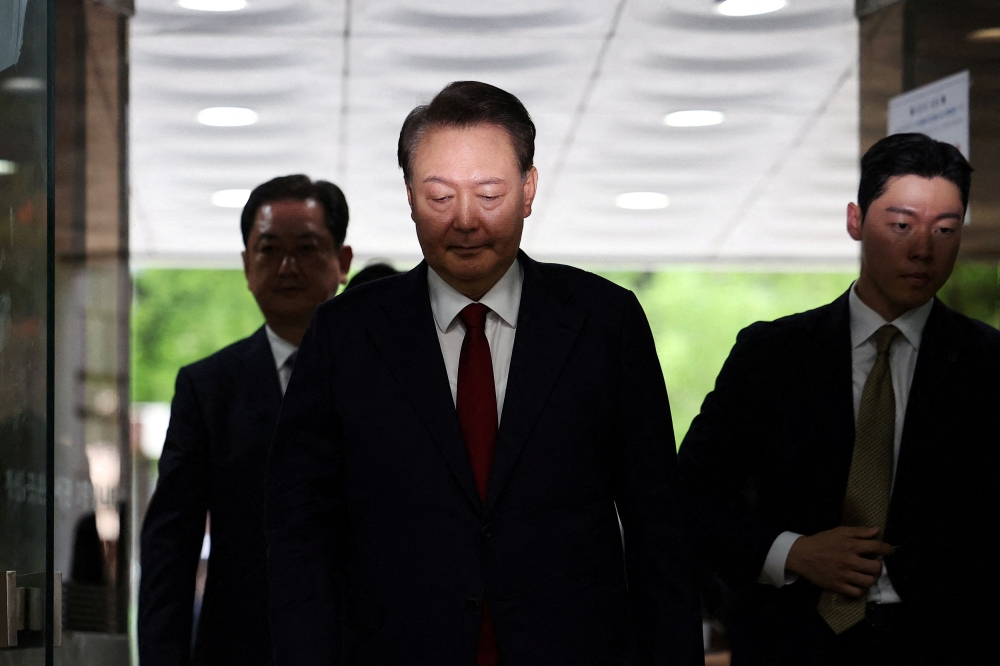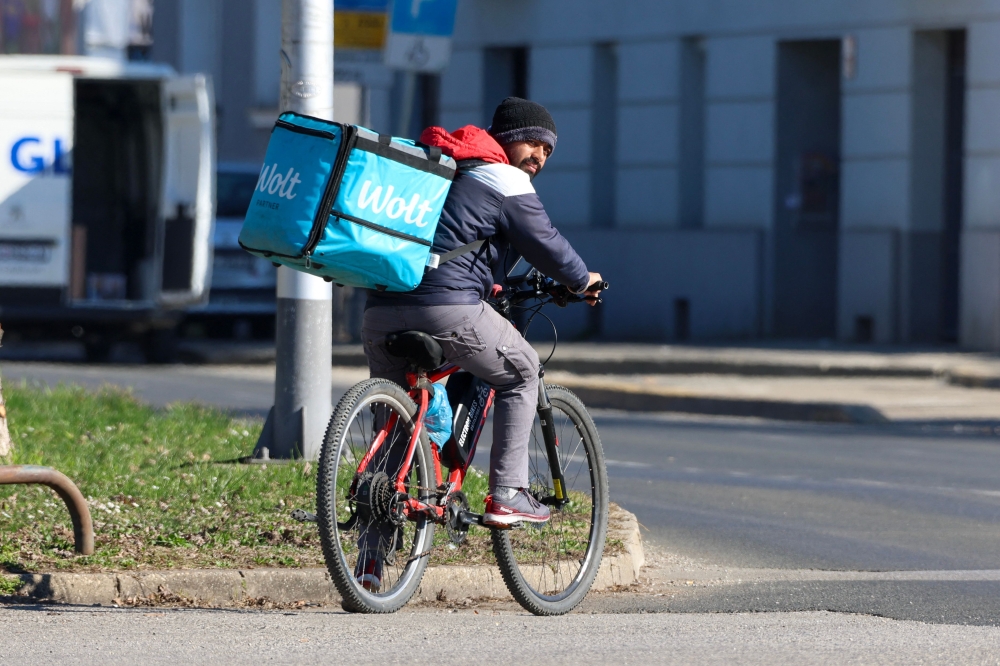MUENSTER (Germany), Nov 5 — The Group of Seven (G7) foreign ministers yesterday vowed to continue supporting Ukraine in the fight against Russia and urged caution towards China after two days of talks in Germany.
The G7 club of rich countries has agreed a new structure to funnel aid to Ukraine to help rebuild infrastructure targeted by Russia, the foreign ministers said in a statement.
“Today we establish a G7 coordination mechanism to help Ukraine repair, restore and defend its critical energy and water infrastructure,” they said after the talks in the western city of Muenster.
The ministers said Russia was trying to “terrorise the civilian population” of Ukraine with attacks against people and infrastructure, in particular energy and water facilities.
US Secretary of State Antony Blinken said Russian President Vladimir Putin appeared to have “decided that if he can’t seize Ukraine by force, he will try to freeze it into submission”.
German Foreign Minister Annalena Baerbock also reiterated the group’s backing for Ukraine and said “every single day of this war is one too many”.
“Every single day of this brutal attack on innocent people in Ukraine means suffering, death and destruction,” she said.
The G7 also expressed concern over Putin’s recent comments on nuclear weapons and warned any use of such arms would be met with “severe consequences”.
“Russia’s irresponsible nuclear rhetoric is unacceptable,” they said, also rejecting Russia’s “false claims that Ukraine is preparing a radiological ‘dirty bomb’”.
‘Constructive cooperation’
Speaking to AFP on the sidelines of the talks, British foreign minister James Cleverly said the allies would help Ukraine “bring this conflict to a successful conclusion for however long that takes”.
China was also high on the agenda at the summit, which took place just as German Chancellor Olaf Scholz was on a controversial visit to Beijing.
Scholz told Chinese leaders yesterday that Berlin expected equal treatment on trade as he tried to drum up greater economic cooperation despite growing distrust of the Asian superpower in the West.
The G7 countries said they were ready for “constructive cooperation with China, where possible and in our interest”.
But at the same time, they called on Beijing to “act in accordance with its international commitments and legal obligations” and to “abstain from threats, coercion, intimidation, or the use of force”.
“We strongly oppose any unilateral attempts to change the status quo by force or coercion,” they said, in an allusion to Taiwan.
Blinken said the G7 nations were increasingly on the same page in their policy towards China.
“From everything that I’ve seen, including the conversations... with our German partners, as well as with all of our G7 partners, the convergence of the alignment on China is increasingly strong and increasingly clear,” he said.
Iran rebuke
Iran also figured at the gathering, with the ministers condemning Tehran’s “brutal and disproportionate” response to a wave of protests sparked by the death of young Kurdish woman Mahsa Amini.
The diplomats criticised Tehran’s “destabilising activities in and around the Middle East”, such as the transfer of weapons, including drones, “to state and non-state actors”.
“Such proliferation is destabilising for the region and escalates already high tensions,” they said.
The closing statement also criticised a record-breaking series of North Korean missile launches earlier this week that included a failed intercontinental ballistic missile test.
And in another nod to the fallout from the war in Ukraine, the ministers called on oil-producing states to increase production to help bring down prices, a month after Opec+ decided to drastically reduce its output.
The G7 intends to finalise “in the coming weeks” the implementation of a Russian oil price cap mechanism, they said.
To round off the meeting, the ministers held talks with their Kenyan and Ghanaian counterparts, as well as representatives from the African Union.
The G7 includes Britain, Canada, France, Germany, Italy, Japan and the US. Germany is set to hand over the presidency of the club to Japan in 2023. — AFP














